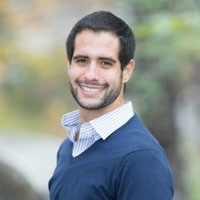
The freshman year of college is life-changing for most young adults, who are suddenly out in the world on their own and making new discoveries about themselves every day, but for Justin Rosen Smolen it was particularly so.
In 2004, the former USYer was attending a joint undergraduate program through Columbia University and Jewish Theological Seminary of America (JTS). He made the decision to come out that year. “When you leave your home and home community for the first time and go off to college, it’s a chance to reflect on your identity and who you want to be in the world,” he says. “That was part of my story…accepting myself as a gay young man and emerging adult and then trying to figure out how to integrate my Jewish identity, which always meant so much to me, with embracing myself and deciding I needed to live my life as who I was in terms of my sexual orientation.”
Fortunately for Justin, he had many positive role models who had come before him. Several of his aunts and uncles are gay and they and their partners were thriving examples. “I am very fortunate to come from a very accepting family,” he shares. “It wasn’t hard for me in a lot of ways to come out to my family, but still we live in a world that makes it very hard for queer and trans people to communicate who they are.”
He grappled with questions like, “Do I want to be a gay person and how will I take on this identity in a way that feels true to who I am?” “How will I learn to accept myself?” “How do I want to own, honor, and celebrate this part of who I am with my family, community, friends, and the world?”
At the same time, JTS was going through a parallel transformation. While Justin’s friends and the college environment were very warm and accepting and Justin had found a supportive community in a Hillel queer group, JTS was facing the issue of whether or not to admit gays and lesbians into their cantorial and rabbinical programs. Most faculty, administrators, and students were very accepting and largely on the side of admitting these students, however, certain faculty and administrator did not support it.
“There were incredibly brave people who came out and proud and were among the first students to test the waters in an institution that would have barred them years ago,” Justin recalls. “My senior year was the first year they were admitted and that made a world of difference in how I felt walking into school every day. It totally changed my experience—just knowing the institution had put a stake in the ground and said, ‘These are our values.’”
That experience led Justin to pursue a masters degree in non-profit management and Jewish studies from New York University. He wanted to dedicate his professional life to making the world a more vibrant, creative, thoughtful, and inclusive place for fellow Jews and LGBTQ community members.
He has since done some incredibly meaningful work in that regard. He started his career with an organization that is now part of Upstart, where he ran training and venture development programs for innovators within the Jewish community. He then found his passion for working with Jewish teens—joining the Jewish Education Project where he worked on launching new teen initiatives. Then, in 2015, a remarkable opportunity opened at Keshet that would allow him to work with Jewish teens and support and ensure full equality for LGBTQ Jews.
A few years prior to Justin joining Keshet, they had launched an annual Shabbaton for LGBTQ and Jewish teens. It started as a pilot program where the executive director and her wife brought a dozen teens to the Isabella Freedman Jewish Retreat Center in Connecticut to spend the weekend exploring their identities and building community. It was so well received that they began looking for a full-time staff person to direct and expand the program.
Justin served in this role as Keshet’s director of youth programming for four and a half years until this past February when he left for a new opportunity with the Shalom Hartman Institute. During his time with Keshet, he expanded the Shabbaton program to a series of six regional retreats, with some focused on specific groups. They held their first trans teen Shabbaton last winter after identifying a real need to create space where trans Jewish youth could celebrate who they are and build relationships in a trans-centered and -run environment.
“It was magnificent and seeing that come together was a real highlight,” he says. “That as well as piloting our Leadership Project retreats that help Jewish community leaders hone skills and tools they can use in all parts of life but especially to create more vibrant LGBTQ-affirming environments in their home communities,” he shares.
Additionally, through Keshet, Justin had the opportunity to work with Jewish youth movements, like USY, to create inviting and inclusive spaces. He led LGBTQ meet-ups at USY conventions and held training sessions with USY summer staff and leaders of Metropolitan New York (METNY) Region USY.
“To return to USY as an adult, educator, and professional in the Jewish community and partner with the people who had inspired me to imagine together how USY could become a more inclusive space was incredible. In the years leading up to when I began at Keshet, USY had already made incredible strides…it was such a different space.”
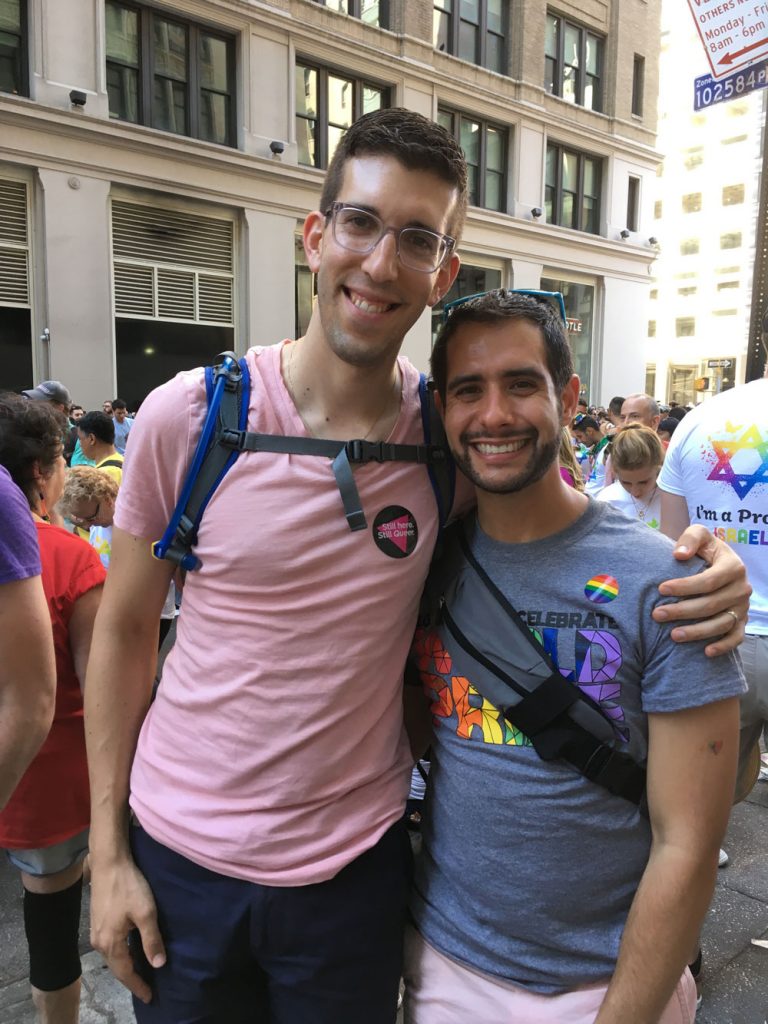
In fact, it got Justin thinking about what life would have been like if he had come out sooner. “USY was so magical, transformative, and nurturing and I really felt like I could be myself there,” he says. “I would have found pockets of acceptance but the organization wasn’t at a place yet where it could have really honored and embraced queer and trans youth like it does today.”
Wrapping up his work at Keshet and starting a new chapter at the Shalom Hartman Institute in the weeks preceding COVID-19 has been interesting. Justin has been working from home alongside his husband, who he met at Camp Ramah, and their two young children. But he says it’s also been “a very inviting time.” He’s now tasked with collaborating with colleagues across the country to steer the design and production of programs that will help the Jewish community have more informed, enriching, and productive conversations around issues ranging from religion and identity to civics and politics.
It’s the perfect intersection of his past and present. “At Keshet, my work was helping the Jewish community, especially youth-serving organizations, have very difficult conversations around sexual orientation, identity, etc. to help them develop their best vision and reach it,” he shares. “My work here is getting to work with really talented faculty, researchers, and program staff to translate big ideas that are so salient and needed right now for healthier and more robust conversations that bring diverse viewpoints around the table.”
And for Justin and everyone participating in these conversations, that’s life changing, too.
A Recognized Leader
This month, Justin was honored with METNY Region USY’s Young Leadership Award in recognition of his professional work on behalf of the Jewish community. Hear his acceptance speech here:
A Hopeful Leader
Justin’s work at Keshet was during a time when many regulations and protections were rolled back for queer, and particularly, trans people on the heels of a major victory with same-sex marriage. “I’m buoyed by so much hope because it would have been much easier for our partner organizations and leaders throughout the Jewish community to decide they were done with the conversation about LGBTQ rights,” he says. “But that’s the opposite of what has happened…they have doubled down on this work.”
A Proud Leader
Justin was looking forward to celebrating Pride Month, including the annual march and Keshet’s celebratory breakfast, for the first time in five years as a gay Jewish civilian. “I’m sad because I love celebrating it and as my kids get older, it’s increasingly important to my family’s identity,” he says. Instead, they’ll spend the month reflecting on the important work, progress, and what’s next.
“It’s not a moment to lose sight of the problems, but to commit to addressing those with real action,” he says. “It will be challenging not having all the traditional Pride celebrations this year, but the community is strong, resilient, and creative and will find ways to celebrate and address the important issues we can’t let go of.”
For those interested in taking action to make a difference, Justin suggests the following:
- Look inward and then cultivate yourself to confront any internal prejudices, phobias, biases or distrust you might have and not even be aware of.
- Look outward at the problems that exist in the world and recognize your position of privilege and ability to do things LGBTQ community members cannot.
- Show you are here and stand in solidarity. Check in to see how your LGBTQ friends and community members are doing. See how your synagogue is supporting them. Consider ways to lift up queer, trans, and BIPOC individuals now.
- Vote with your full conscience—at all levels of government—this fall. Think about the values, integrity, and positions for which your candidates stand. Write letters, make phone calls, send text messages, and knock on doors to show support.
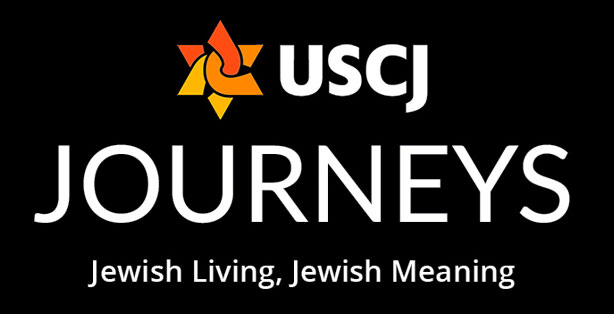
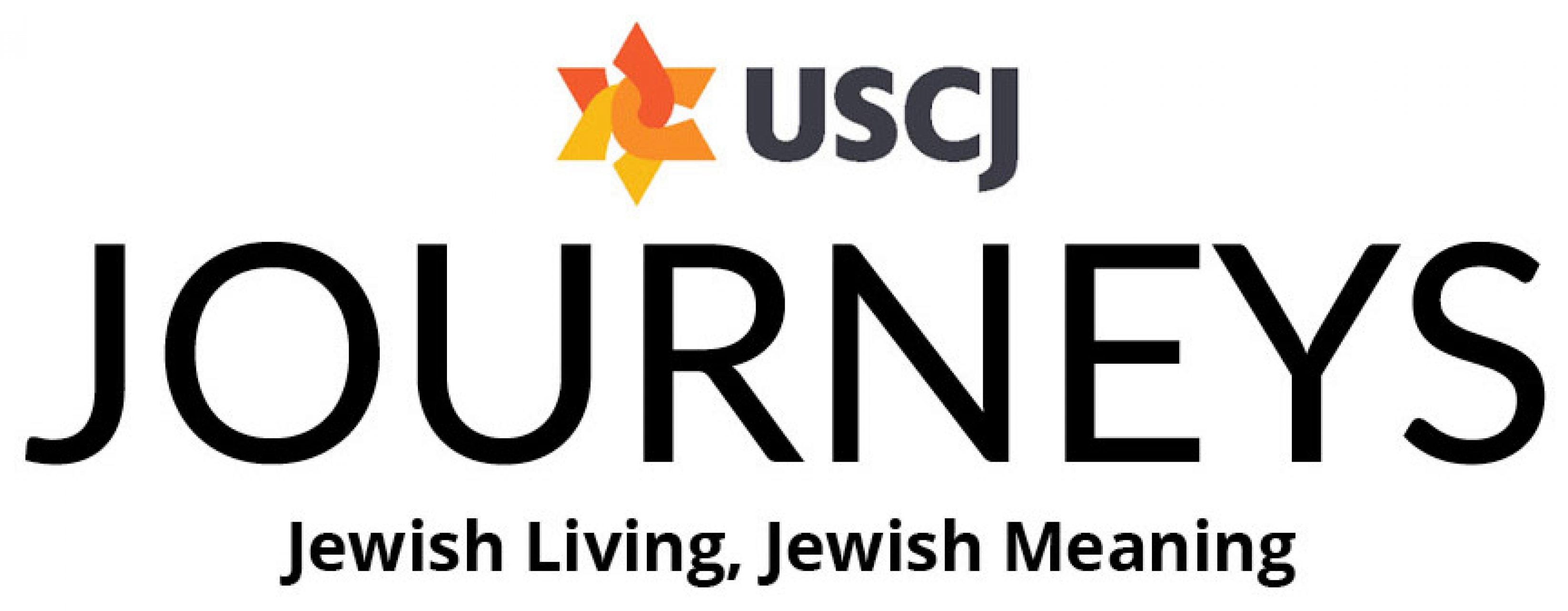
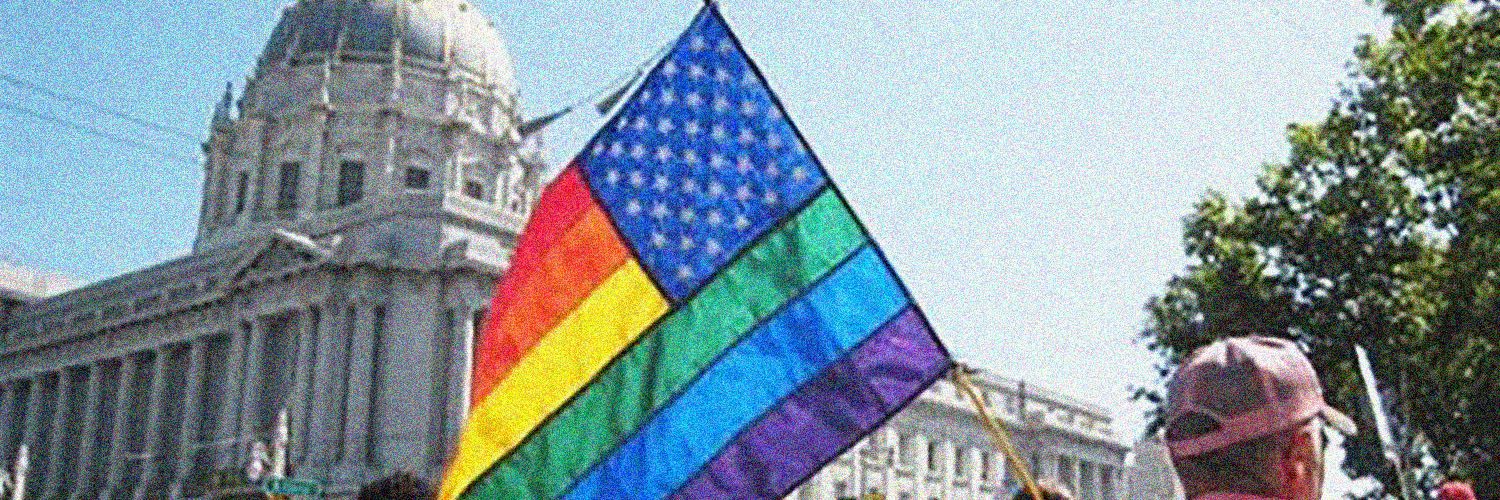

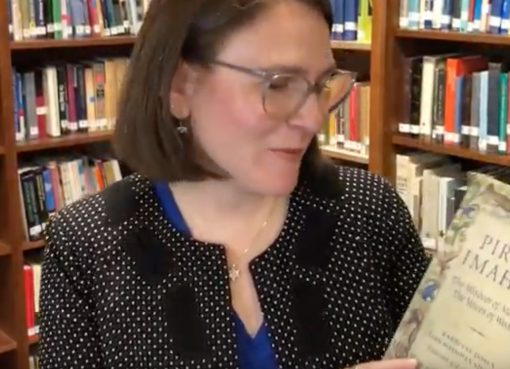

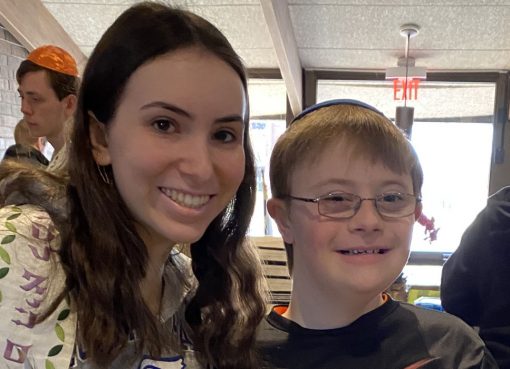

Comment here